
A review of
The review below was first published in the getAbstract Journal on 1 déc. 2020.
We’ve reviewed this title for you as we currently cannot offer a summary.
We’ve reviewed this title for you as we currently cannot offer a summary.
People, Not Code
by David Meyer
Labor reporter Sarah Kessler’s compassionate eye and readable prose inform her overview of the effects of gig work.
Learners who read this also read
Book
Book
Book
Book
Book








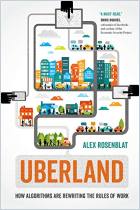
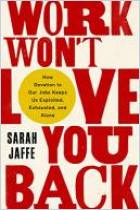

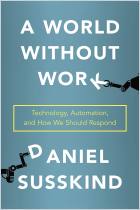
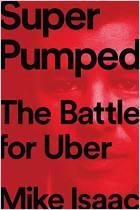
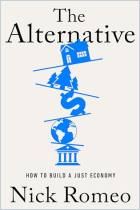


Comment on this review or Démarrer une discussion